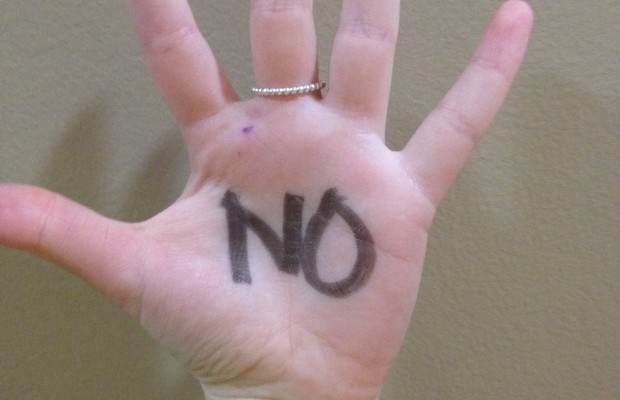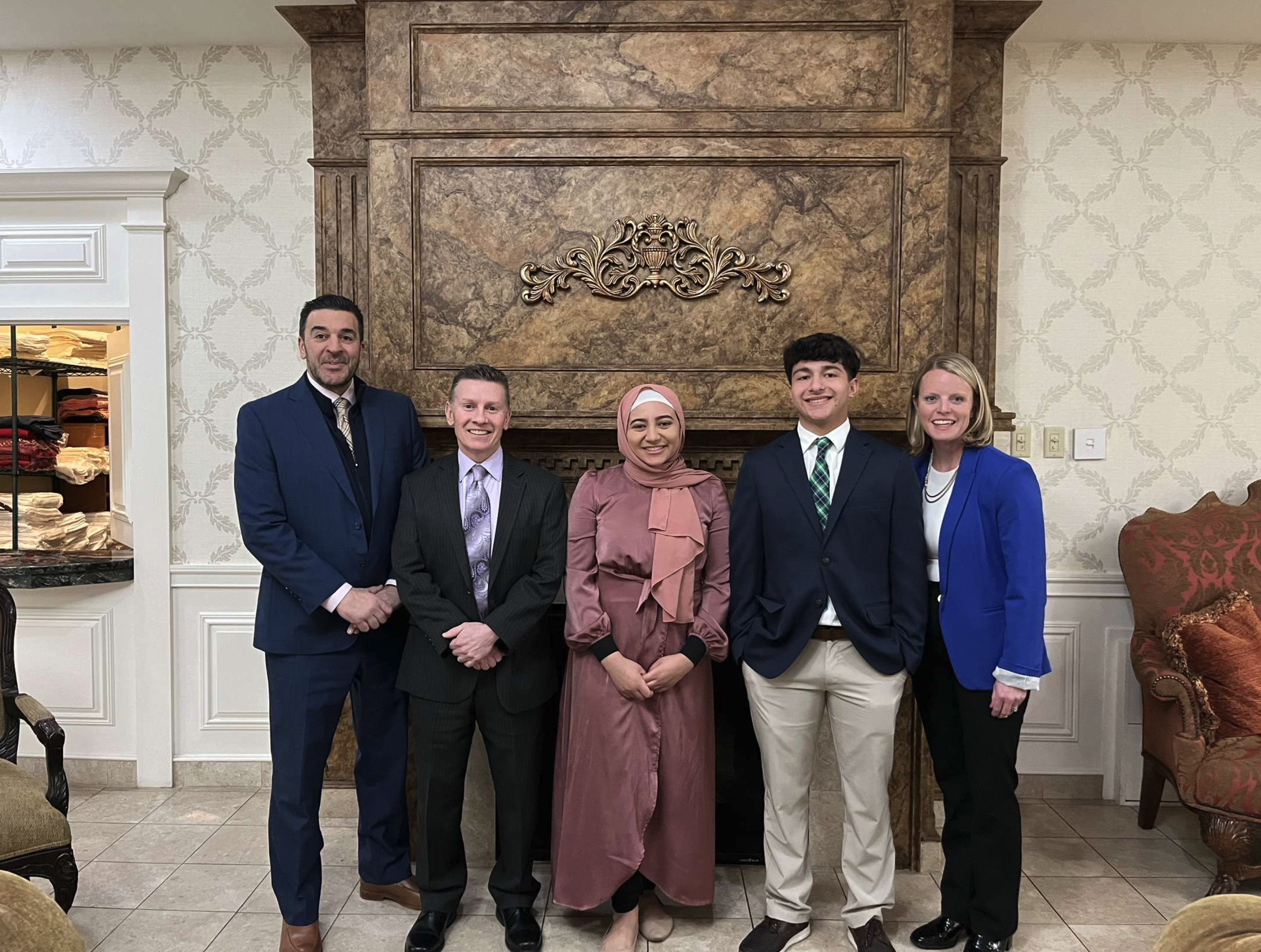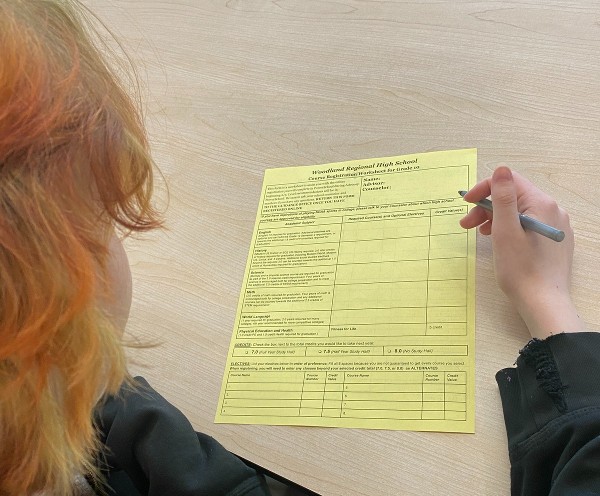Up until a few hours ago, most of my knowledge of sexual harassment came from a poster hanging on the wall in the break room at my work. It reads, “SEXUAL HARASSMENT IS ILLEGAL,” in big, bold letters.
But what does that mean? What is considered sexual harassment, and what makes it illegal? And when do friendly jokes and teasing cross the line into harassment?
There are not simple answers to these questions.
Sexual harassment is defined by the U.S. Equal Employment Opportunity Commission as “unwelcome sexual advances, requests for sexual favors and other verbal/physical conduct of sexual behavior.”
The key word here to keep in mind here is “unwelcome.” The list of behaviors that can be considered sexual harassment is a mile long; they range from actually trying/succeeding in raping or sexually assaulting someone to simply looking someone up and down– but it all depends on the situation.
Sexual harassment also includes spreading sexual rumors or making verbal remarks about a person’s sexual orientation. Because of this, sexual harassment doesn’t always involve a boy making unwanted advances towards a girl. Girl on boy harassment, and same sex harassment exist.
There is a lot of grey area when it comes to sexual harassment. A funny joke in one person’s mind can be offensive to another. A kind gesture can be taken as an invasion of personal space, or an attempt at a “pass.” Everyone has his/her own standard as to what is invasive/offensive and what is not, thus making the identification of sexual harassment a difficult task.
Usually, we see sexual harassment as a problem in the work place, but it has become more and more of a prevalent issue with teenagers. In many cases, sexual harassment among teenagers goes unreported because people are unsure about what is and what is not considered harassment. It’s also an uncomfortable topic to report to adults
“Sex is an open topic in the media and with teenagers in general,” said Woodland senior Nicole Cina, “So I think a lot of kids don’t see inappropriate references to sex as sexual harassment.”
It is clearly a topic that needs to be brought up more often. The point to remember is that we all have a right to feel comfortable and safe–no matter where we are. And if someone’s comments or actions are taking that right away from us, it needs to be reported.
It’s also important to remember that manners matter. Incidents of sexual harassment can be avoided if we simply remember to mind our manners. Use the age old rule: think before you speak, and think before you act.
“We need to respect each other’s privacy,” says Woodland junior, Mary Vlamis. “But most importantly we have to remember to respect ourselves.”



















